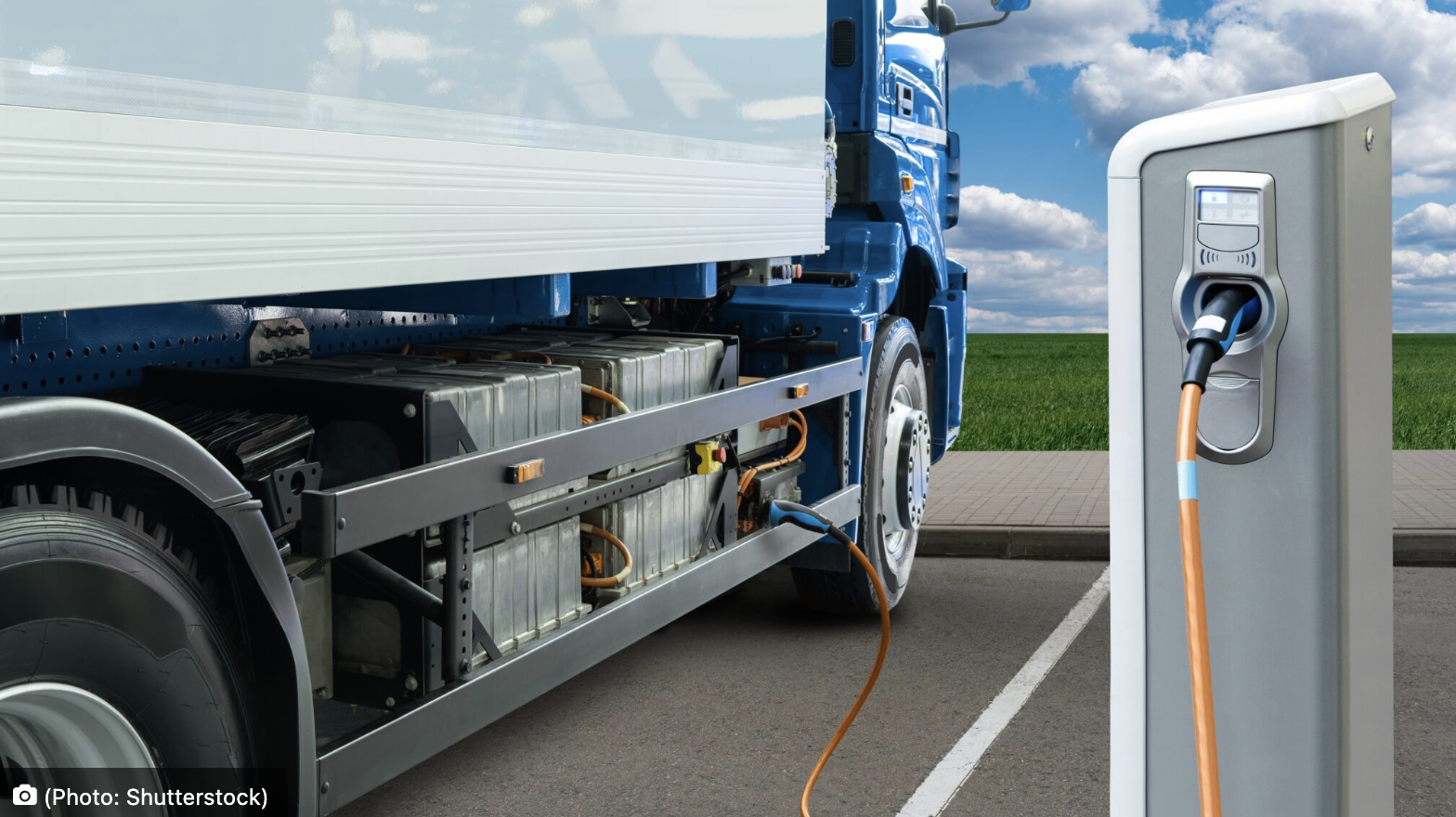


Transportation companies across the globe have increased their focus on sustainability in recent years. This eco-friendly push can largely be attributed to emerging government regulations and growing consumer concerns.
In an effort to clean up their acts, many fleet owners have become laser focused on moving away from diesel fuel, which accounts for the majority of greenhouse gas emissions in the sector. Heavy-duty electric trucks are poised to be one of the primary solutions to this issue.
Fleet owners working toward electrification do continue to face barriers — including vehicle cost, infrastructure deficits and power requirements. At the same time, the ongoing freight recession has made fleet owners wary of expensive experimentation, instead focusing their efforts on cutting costs.
While these headwinds make electrification challenging, solutions exist to help fleet owners overcome obstacles and take advantage of opportunities.
Electric truck costs
Currently, electric Class 8 trucks are prohibitively expensive without the help of grants and tax incentives. While electric vehicles offer savings over time — as well as a plethora of other benefits — the upfront cost of a new diesel truck pales in comparison to even the most basic electric trucks on the market. While a brand new diesel truck may cost around $150,000, electric heavy-duty trucks typically exceed $400,000.
The price of heavy-duty electric trucks is expected to shrink significantly in the near-term future, however. The International Council on Clean Transportation recently commissioned a study by Ricardo Strategic Consulting to examine this trend further.
The battery pack and the electric propulsion system account for the majority of the cost disparity between electric trucks and diesel trucks. Both of these components are expected to experience serious cost reductions, according to the study — leading to estimated heavy-duty electric truck price reductions of 23% in 2025 and 40% in 2030.
561-295-1777